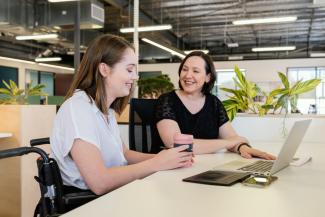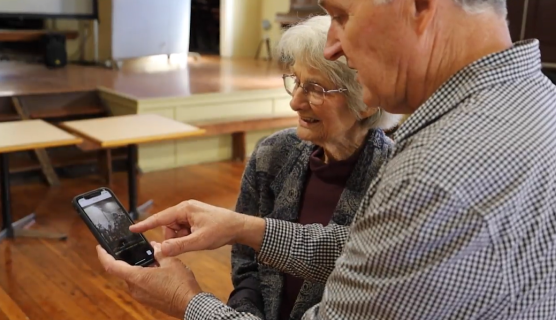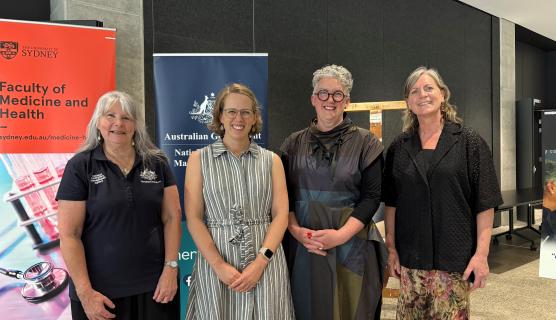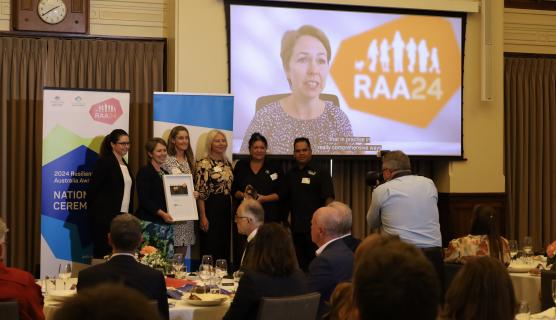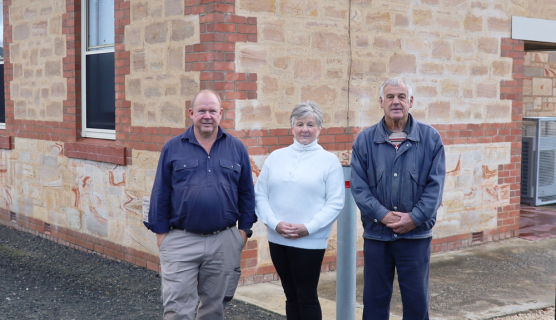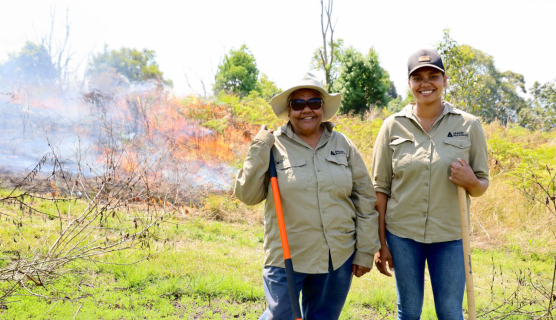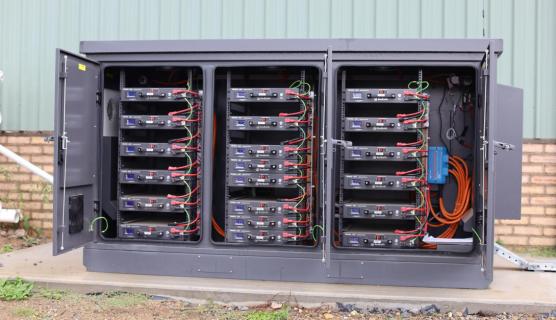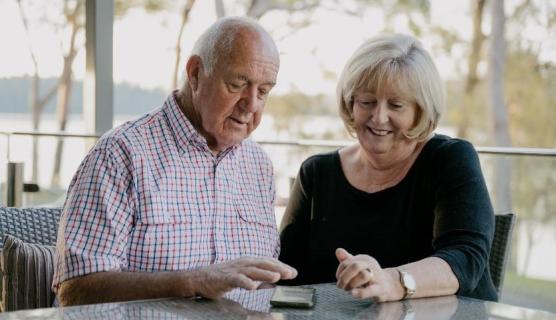Following the priorities set in Australia's Disability Strategy
Dealing with disasters can be a difficult time for all those affected. The complexities added for the 1 in 6 Australians living with disability can be profound.
As part of Australia’s Disability Strategy 2021-2031 (the Strategy), the Emergency Management – Targeted Action Plan outlines priority actions for the disaster management sector.
Developing the Disability Inclusive Disaster Risk Reduction Program
In response, NEMA has developed a Disability Inclusive Disaster Risk Reduction (DIDRR) Program. The Program was awarded funding of $1 million from the Disaster Risk Reduction Package (DRRP) to improve national capability in policy guidance and resource development for more disability inclusive disaster management.
NEMA has engaged the University of Sydney Centre for Disability Research and Policy to develop National DIDRR Guiding Principles and Standards for disability inclusive disaster arrangements and a toolkit to operationalise planning and practices.
Peter Giugni, Director for Social Policy at NEMA, says this work will help make a real difference for community members with disability.
“Emergency responders, recovery workers, planning and preparedness officers – all of these people will be better informed by these guidelines. This will ensure that people with disability are better considered and supported throughout the disaster continuum.” said Peter.
“That could look like ensuring that people with disability have the support to enact their personal emergency plans and that suitably accessible facilities, services and transport systems are available in a disaster situation and right through the recovery process. We also hope these guidelines will better define responsibilities – who should be the lead for ensuring disability-appropriate services and facilities are in place in disaster response and recovery.”
Collaborating with the University of Sydney Centre for Disability Research and Policy
A phased approach will ensure appropriate planning and consultation has taken place, with phase one involving a scoping study undertaken by the University of Sydney Centre for Disability Research and Policy. The scoping study provides an overview of existing good practices, highlights gaps, and guides how the disaster management sector may more holistically support people with disability.
Associate Professor Michelle Villeneuve of the University of Sydney Centre for Disability Research and Policy said “This project is an important and exciting opportunity to extend our approach to working in partnership with people with disability and the services that support them. 45% of the team leading this work has lived experience of disability or chronic illness which provides valuable insight into the co-production of the National Guiding Principles and standards for practice.”
The next phase will consist of workshops, bringing together States, Territories and priority groups simultaneously to assess the current situation, with outcomes feeding into the development of the Guiding Principles and Standards, resulting in a national approach to supporting people with disability through disasters.
“Having a nationally consistent approach, that has been informed by people who understand the challenges involved, will be a game changer in Australia’s disaster risk reduction practices.” confirmed Peter.
We know that people with disability need assistance with preparing their properties for disaster. We know that people with disability need assistance leaving home in response to a disaster. We need to ensure we have consistent, national guidelines in place to support all Australians living with disabilities through disasters.
